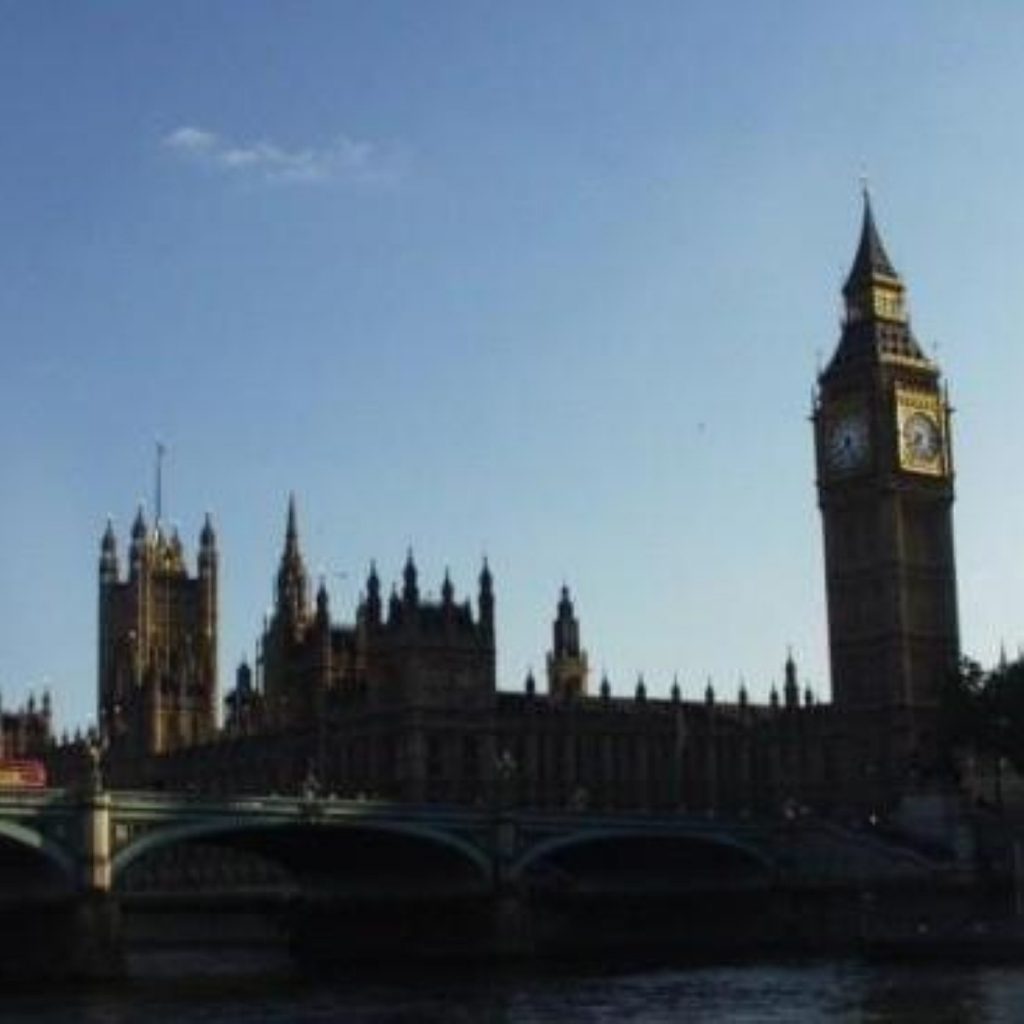Question-marks hang over MP expenses reform
By Alex Stevenson
Opposition leaders have made clear they are unimpressed with Gordon Brown’s proposals to temporarily reform MPs’ expenses.
The prime minister says there is an “urgent” need for reform and wants the government’s proposals, announced today, to be voted on by the Commons next week.
Among the measures backed by the prime minister is the replacement of the second home allowance with a flat-rate daily allowance, based on attendance in Westminster.


“There are some real issues and problems with a daily allowance,” Conservative leader David Cameron said.
“However, I agree that something has to be done without delay and so will discuss it with the prime minister.”
Liberal Democrat leader Nick Clegg warned that a system of daily allowances was unlikely to meet “the demands of openness and accountability”.
“It essentially involves handing a blank cheque to MPs simply for turning up to work in the morning,” he said.
Downing Street has indicated members of the government will be whipped to vote in favour of the proposals when they are placed before the Commons.
But backbench MPs will be handed a free vote on whether they approve the temporary measures.
“This is a big U-turn by the prime minister,” Mr Cameron continued, adding he would push for further reforms at a meeting of the party leaders.
He added: “These include the abolition of the communications allowance, a reduction in the number of MPs and a clear commitment to a reduction in the overall cost of politics.”
Mr Clegg he would explain his thinking behind his own proposals when he met the other party leaders.
“I am looking forward to meeting Gordon Brown and David Cameron,” he added.
“We desperately need to sort out the lamentable system of MPs’ pay and expenses once and for all.”
The government is making clear its proposals are up for discussion and that many details have to be worked out.
One of the biggest uncertainties centres on assessing how attendance at Westminster would be measured. No 10 has not ruled out a ‘clocking-in’ system for MPs.
Other question-marks centre on how the maximum number of days available to MPs will be decided on and the extent to which the Senior Salaries Review Board’s assessment of what level of allowance is appropriate will be influenced by the government.
Downing Street has made clear it expects the total cost of MPs’ allowances to the taxpayer will fall as a result of the interim reforms.












